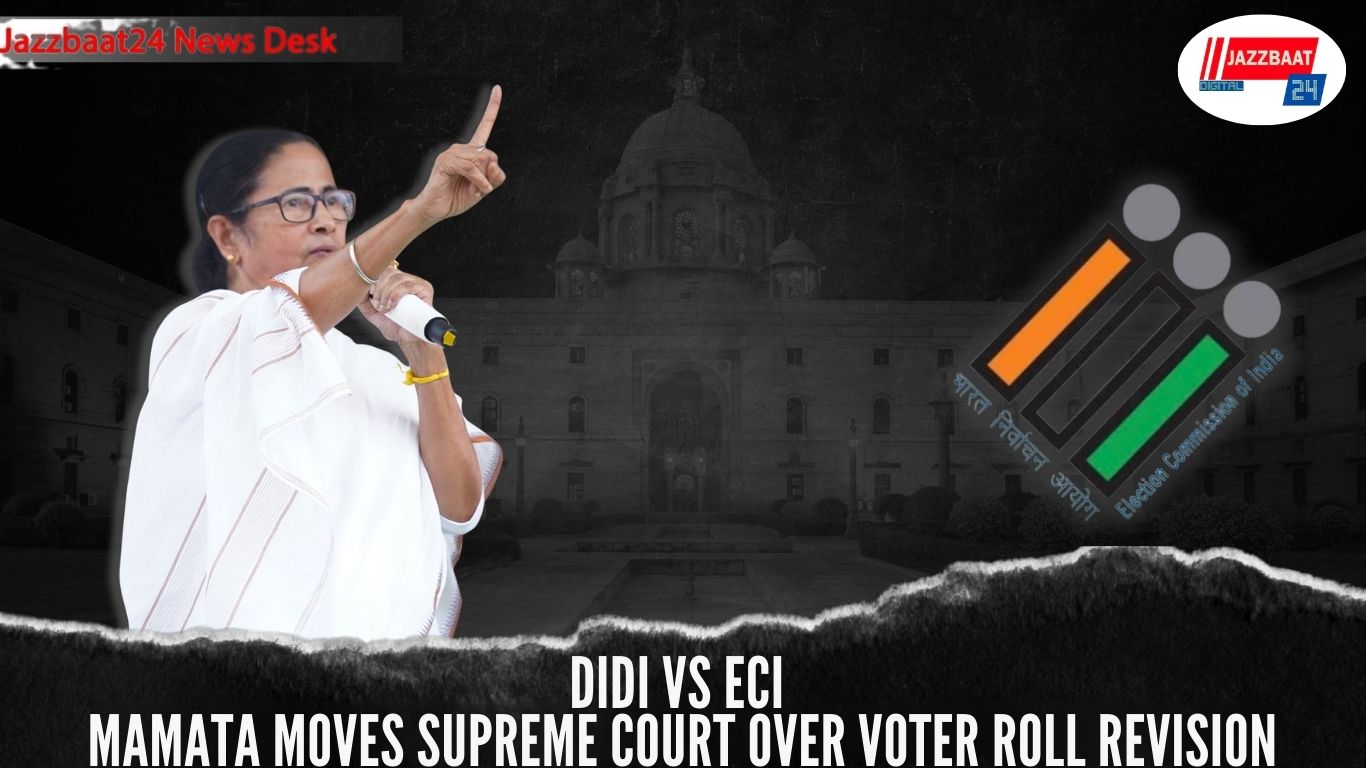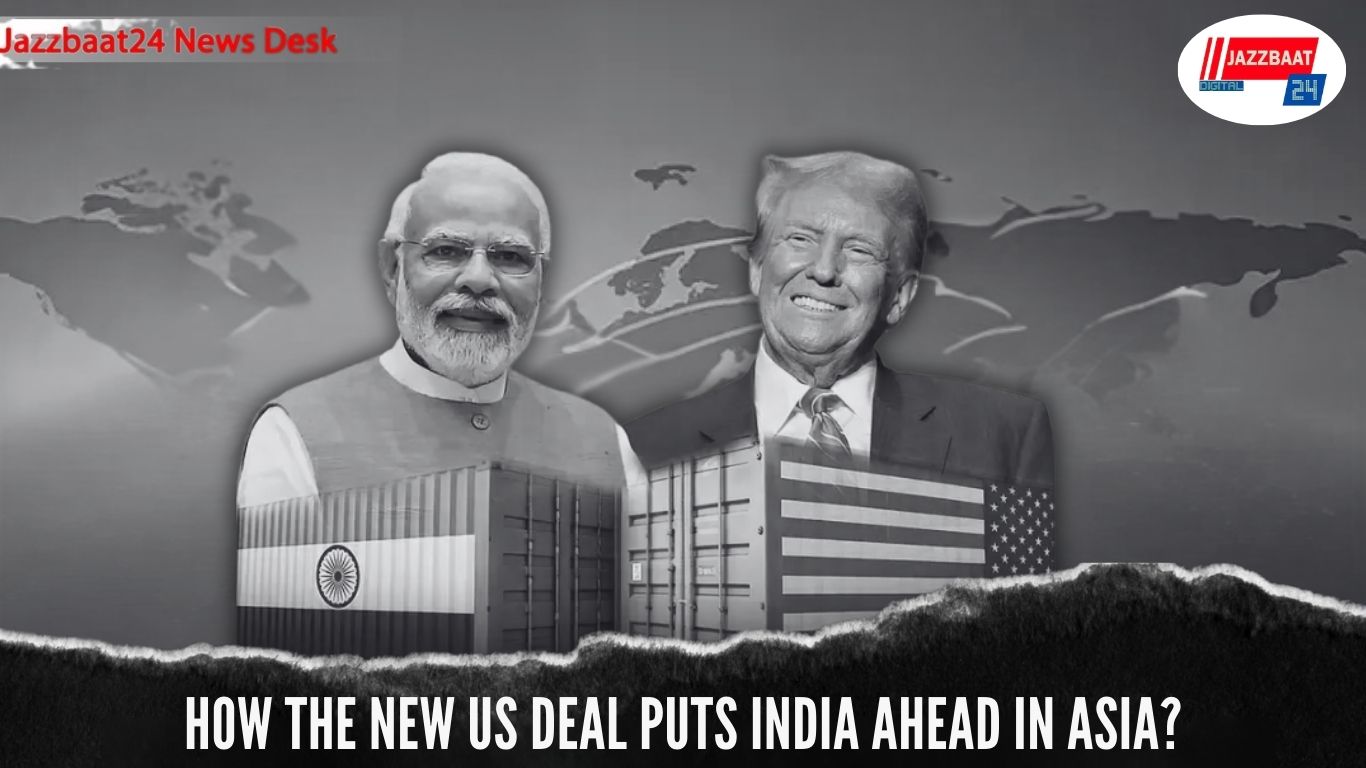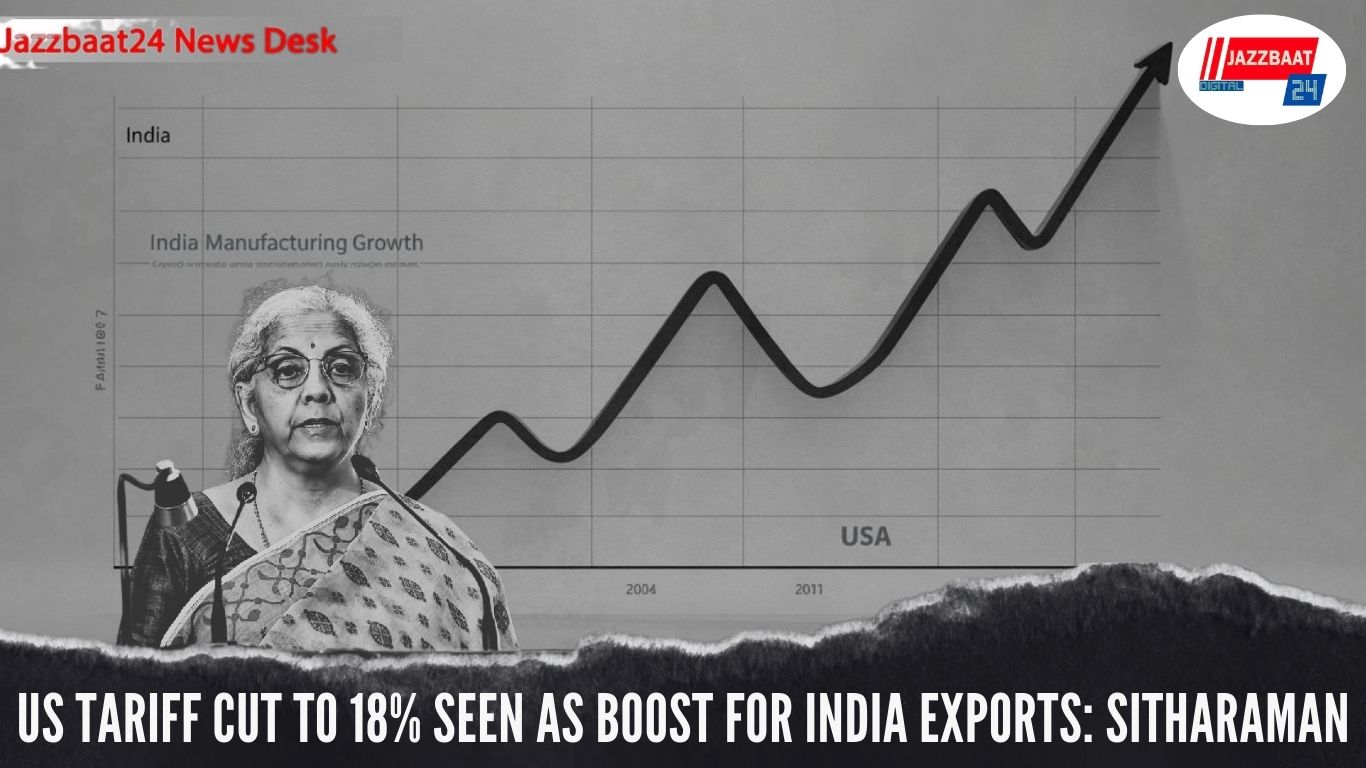Decolonisation Hijacked: From Liberation to New Hegemonies
The promise of decolonisation was to liberate nations from the grip of colonial powers, allowing them to forge their own path. It was a vision of reclaiming identity, culture, and autonomy. However, in recent years, the discourse around decolonisation in India has been hijacked, with the central government using it as a tool for establishing new hegemonies rather than promoting genuine freedom of thought.
The central idea of decolonisation should have been the emancipation of minds from the shackles of imposed ideologies. Instead, it has turned into a weapon wielded to enforce narrow, state-approved narratives. Under the banner of rejecting "Western" influence, the government has sought to delegitimize diverse perspectives, often branding them as remnants of colonialism. This has resulted in the centralisation of power, where any opposition or dissent is dismissed as a betrayal of national identity.
This version of decolonisation, focused more on erasing rather than engaging with global thought, is deeply flawed. Anti-Western rhetoric is being used as a smokescreen for silencing critical voices, whether they come from within the country or abroad. The same principles that once fueled a nation’s quest for independence are now being used to crush pluralism and stifle debate. It is ironic that in trying to eradicate what is deemed “foreign,” the government is constructing its own form of authoritarian rule—one that is just as oppressive as the colonial forces it claims to oppose.
True decolonisation should encourage the free exchange of ideas, allowing nations to draw from their own traditions while engaging critically with global knowledge. But when decolonisation is reduced to an anti-West agenda, it becomes nothing more than a political ploy to control the narrative.
In its current form, the decolonisation movement has lost its way, straying from its ideals of intellectual freedom and instead becoming a tool for imposing new forms of domination. The time has come to reclaim the original spirit of decolonisation—one that empowers rather than suppresses, one that fosters critical thought rather than state-sponsored conformity.





